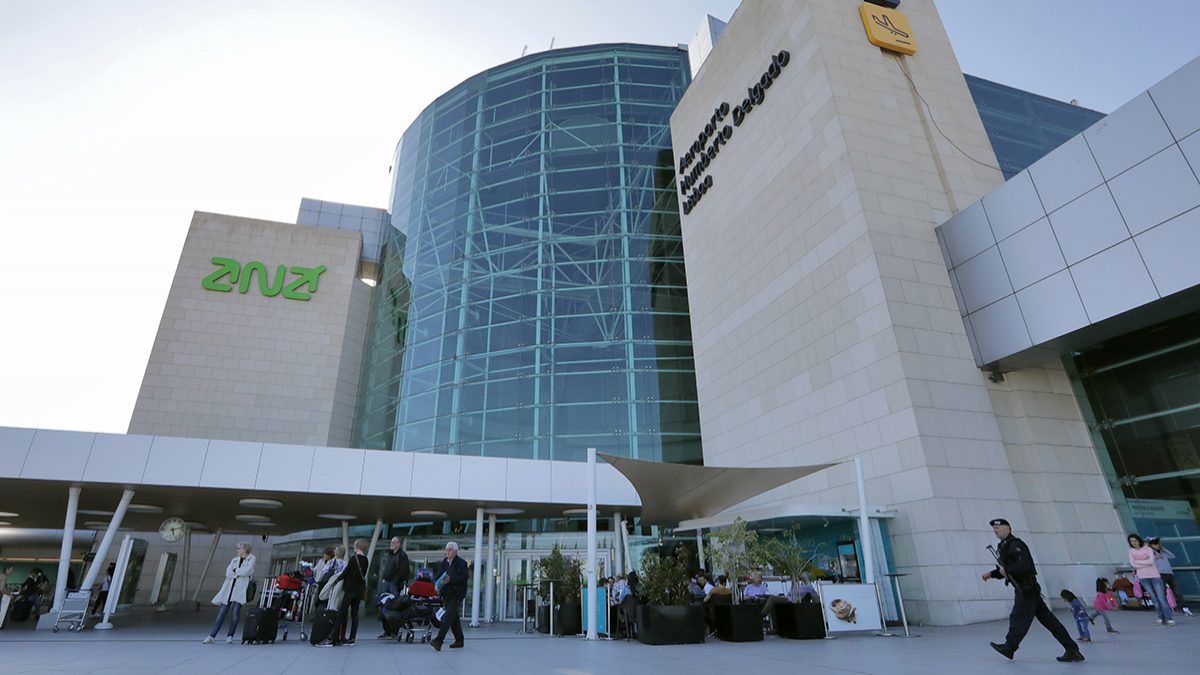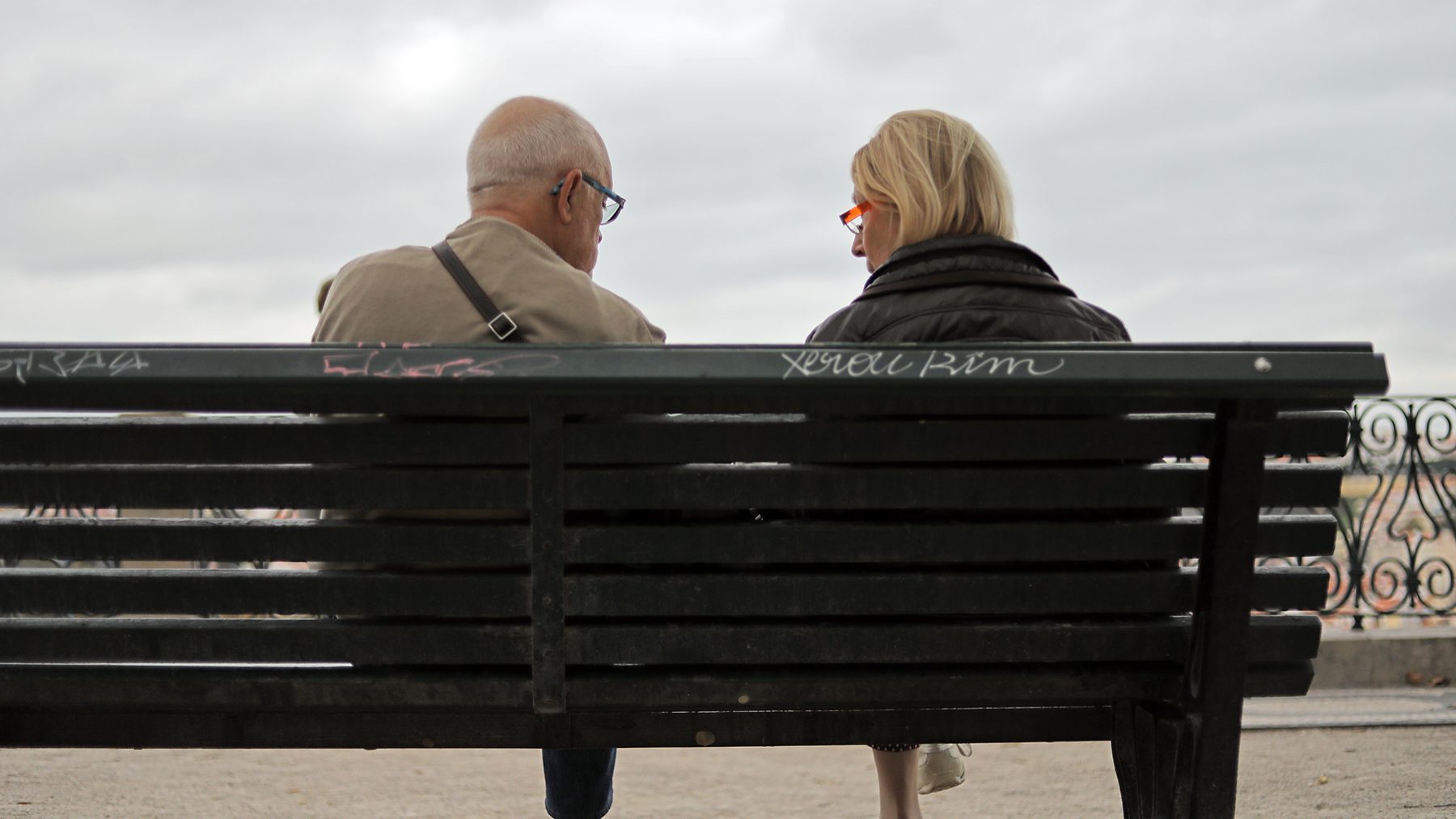Foreign nationals praise pandemic reaction in Portugal; impact on business varies
The Foreigners living in central Portugal say that life has been made more complicated by the virus.
Foreign nationals living in central Portugal say that life has been made more complicated by Covid-19, but some praise the way the country has reacted to the pandemic, with a few even see an improvement in their activities.
Peter Wilton-Davies, 51, and Helen Gray, 45, are British nationals who have lived in Portugal for 10 years. They stress the advantages of living in the Serra da Lousã hills, in the municipality of Castanheira de Pera, in Leiria district.
“We are very happy to be quarantined in Portugal and not in other parts of the world,” Wilton-Davies tells Lusa. “The Portuguese people were very careful and considerate and began their isolation before it was turned into law.”
He believes that isolation “is more difficult for people in the cities”, while “in the countryside life goes on” without much disruption.
“I’m happy to be here and not in the UK, where conditions and restrictions are not so good,” he adds.
Wilton-Davies, who back home used to work as a graphic artist, has opted to buy fruit and vegetables from a nearby farm.
Helen, who works in marketing and fundraising, used to travel often to London for professional reasons, but is now unable to do so.
“My work has increased a lot in recent weeks due to the creation of ‘online’ content (…) and the creation of educational and fun videos for children and adults,” she tells Lusa. Since she works remotely for a British charity, her life “has not changed much”, she says.
“I take the dogs for walks (…) and there are daily deliveries of bread and vegetables in the villages”, Gray adds, noting that some essential goods are missing from the shops.
The couple admit that their Portuguese skills have become “a little rusty” of late.
“Peter has not visited the social centre of the village of Pera, where he is part of the team of volunteers” that runs the association, explains Gray, who has also been “unable to attend the weekly Portuguese class.”
Expressing the hope that Portugal “can get back to normal life”, the couple expect “changes and lessons” after the pandemic, with “respect for others and less consumerism”.
Further north, in Oliveira do Hospital, in Coimbra district, Belgian national Aaron Vansant, 32, came here as a child, and now works in a family business that sells asparagus and various seeds, including native agricultural varieties.
In March, with the state of emergency already in place in Portugal, baby Laura, his first daughter, was born.
As well as the joy that brought, Vansant is seeing his business doing well, with the help of his father and brother, Peter and Micha.
“The pandemic is affecting our activity in a positive way,” he tells Lusa, pointing out that people “are trying to keep busy in the garden and the allotment” as well as fearing possible breaks in access to vegetables.
“It’s a phenomenon we had already seen in the 2008 crisis,” he recalls. “Then, unfortunately, everything went back to the same thing.”
The family company imports seeds and exports some products to Angola and Belgium.
Meanwhile, Leonardo Simões, 33, a Brazilian-born advertising executive and computer programmer whose has distant family roots in the Serra da Lousã, now lives in the city of Coimbra. With his parents, sister and aunt, he originally came from Brazil to Lousã, where they settled in 2019.
“I had a great welcome from the Portuguese community,” he says. “I’ve made a lot of friends and business partners here.”
In professional terms, he has suffered “a negative but controlled impact” following the restrictions associated with the Covid-19 pandemic.
“Some clients have asked me to temporarily close down digital marketing services because of the crisis,” he adds.
However, by remote working, he continues to provide services to customers in Brazil and Portugal “with the same or even higher quality”.
Leonardo, who is now spending “almost all his time at home” with his Portuguese girlfriend, says he is already missing outdoor activities.
“The first impact I suffered was the cut in funding from Portuguese banks,” he adds. “I was negotiating the purchase of an apartment, but I had to postpone it.”
In his opinion, it will be necessary “to learn from what’s happening, to be more prepared for the future.”
Detlef Schafft, 65, a German national who has lived in Portugal for almost 40 years, is less happy with the situation.
An actor, clown and musician, he is based in Lousã with his Marimbondo company, founded 30 years ago. In 2019, he and Eva Cabral created the Museu do Circo Momo, in a partnership with the local council.
“The museum is closed [due to the pandemic] since it is a municipal space,” he tells Lusa. “The yoga classes are still ‘online’, but the company has ‘all shows cancelled’, in some cases until August.”
For Marimbondo, the situation “was a cold water bath”, he says. “We were going to continue with many activities at Momo and we had to cancel concerts and shows” as well as a planned participatation in international festivals in Germany and Finland.
Schafft disagrees with some restrictions imposed under the state of emergency.
“We can’t even perform in the street to cheer people up,” he criticises.
He also protests against the way “culture is being treated”, in his view.
“Especially the circus, which once again receives no support from the State,” he complains. “It’s going to be a destroyed year. Our work depends completely on interaction with people and many projects will not even be premiered.”


